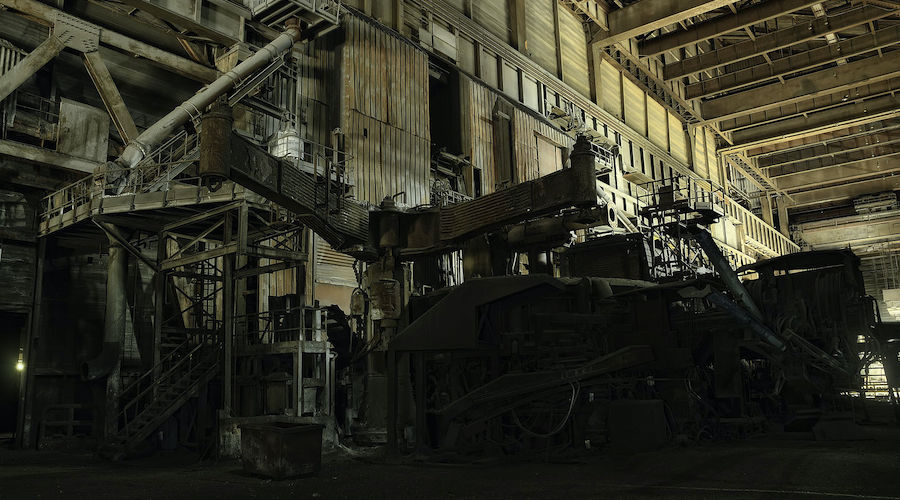Anti-dumping investigation could lead to higher costs for European steelmakers – report

According to market researcher Roskill, it is uncertain by how much costs could go up due to the China-Europe impasse. Yet, the hike is not forecast to reach the levels of 2017/2018 when a major global electrode shortage took place because of a sudden dramatic rise in Chinese demand at the same time as environmental plant closures in the Asian country.
The fluctuation in the electrode market, however, could push consumers towards caution and early stockpiling, especially at a time when global demand for steel is rising, recovering from the effects of covid-19 through 2020.
“Roskill forecasts European EAF steel production to increase by 7.0% in 2021, vs. a worldwide increase of 6.3%, led mainly by China,” the London-based firm predicts in a recent analysis.
What happened?
Back in January, graphite electrode producers Graphite Cova, the German subsidiary of Graphite India Limited; Tokai Erftcarbon, the German subsidiary of Tokai Carbon of Japan, and Showa Denko Carbon Holding, a Japanese company with electrode plants in Germany, Spain and Austria, lodged a complaint before the European Commission alleging that imports of certain graphite electrode systems originating in China were being dumped and were, thereby, causing injury to the region’s industry.
The complainants claimed that it is not appropriate to use domestic prices and costs in China to sell these products in Europe and that such a practice led to a sudden increase in electrode purchases and shipments before any potential duties were put in place.
The complainants claimed that it is not appropriate to use domestic prices and costs in China to sell these products in Europe
“The allegation of dumping is based on a comparison of a constructed normal value on the basis of costs of production and sale reflecting undistorted prices or benchmarks, with the export price (at ex-works level) of the product under investigation when sold for export to the Union. On that basis, the dumping margins calculated are significant for the country concerned,” reads the EC’s notice of initiation of an anti-dumping proceeding.
In the document, the Commission considers that there is enough evidence to warrant the initiation of an investigation as the behaviour of Chinese exporters is causing distortions and affecting prices and costs.
In its review on how things may pan out, Roskill mentions that the EC has previously imposed anti-dumping restrictions on electrode imports. Back in 2004, the measure started being applied to products from India, with the current duty set at 7% for Hindustan Electro Graphite (HEG) and 15.7% for Graphite India Limited.
Yet, a previous EC anti-dumping investigation into Chinese imports in 2010 was dropped.
“India removed its own anti-dumping duties on Chinese electrode imports in 2018 following a petition by the Indian steel industry; the duties had been in place since 2015. The USA continues to apply its anti-dumping duty on small diameter electrodes (400mm or less in diameter) from China and reaffirmed its position in 2019,” Roskill’s report points out.
The market analyst, however, says that regardless of the recent complaint, synthetic graphite electrodes prices had already been rising for several months since bottoming out in August last year.
“Market instability has also led to some price rises with Asian Metal prices for high power electrodes (400 diameter, ex-works China) increasing by 3.2% for the month of February,” the file states.




